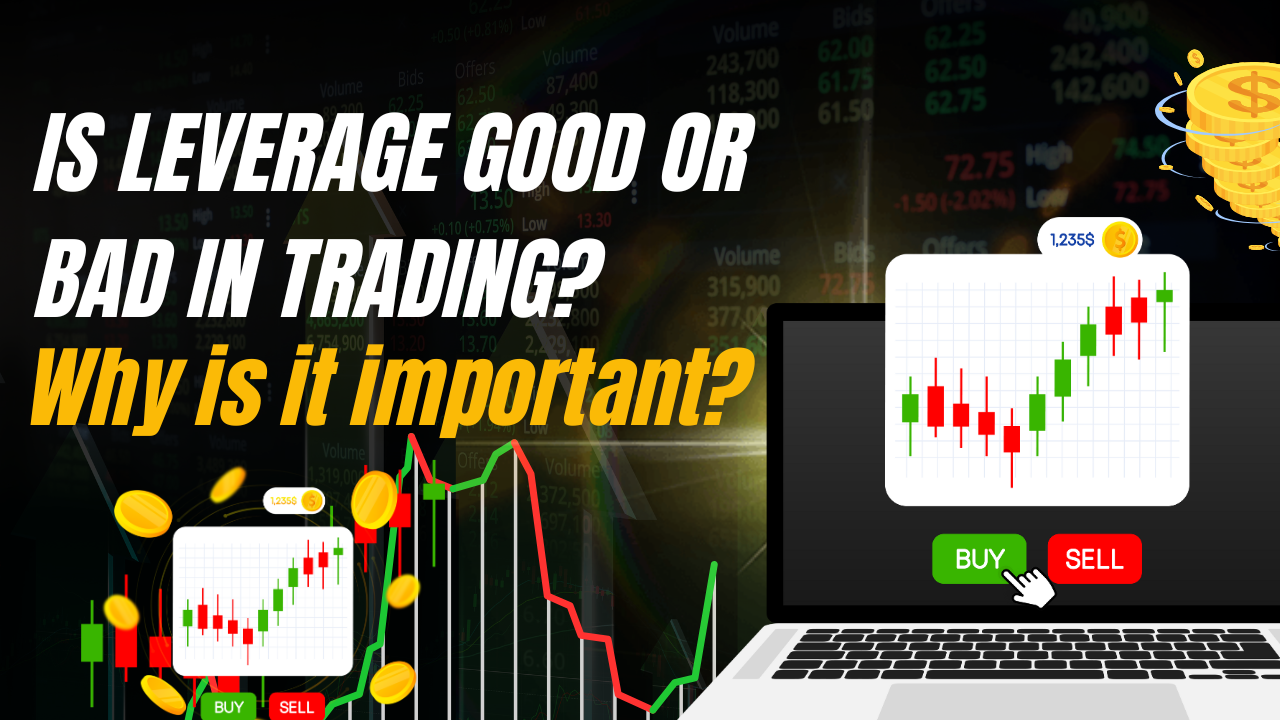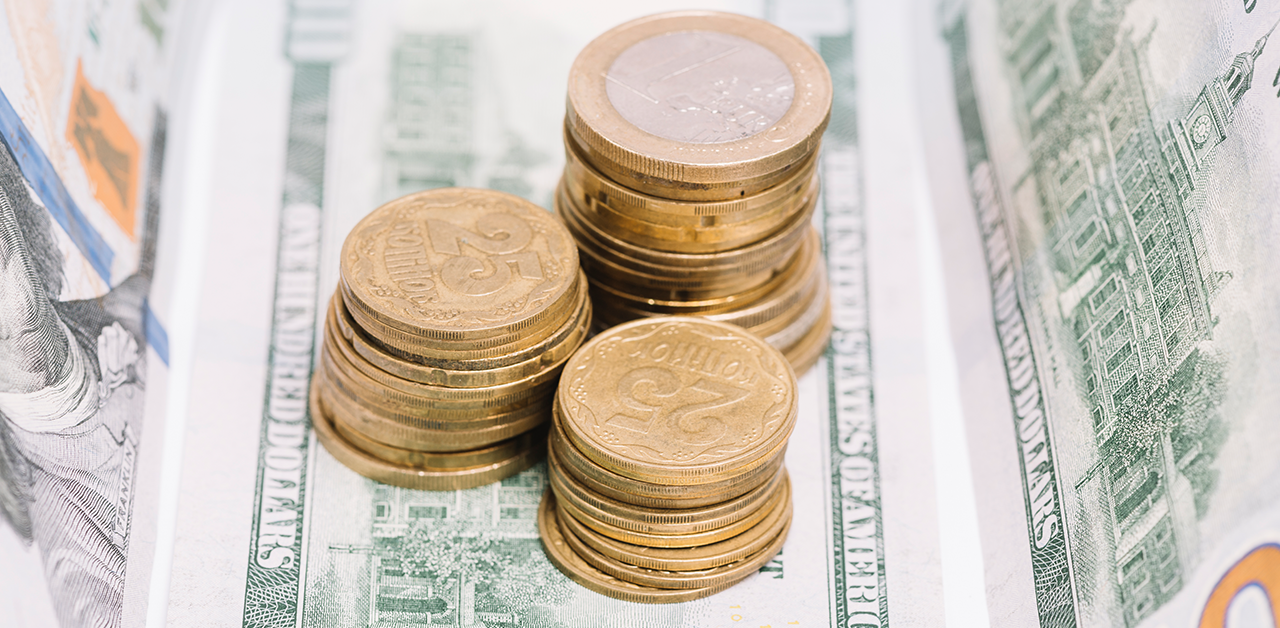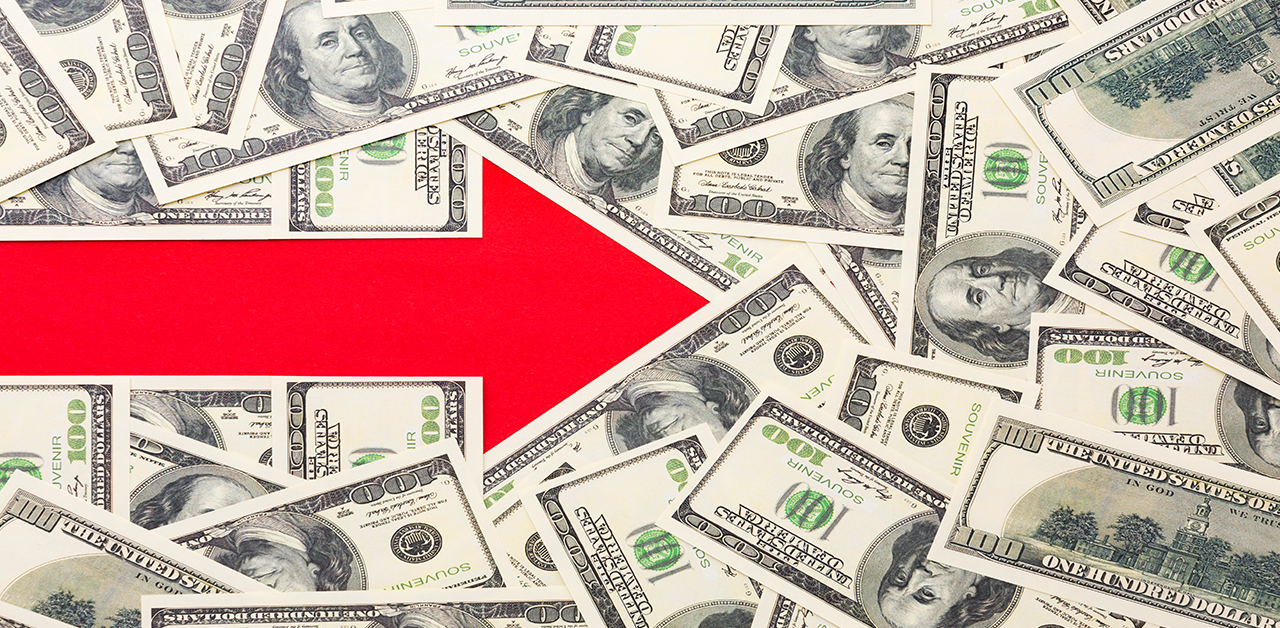Leverage is one of the tools that can either make you a hero or blow up your trading account.
Some traders turn 500 into 5000 with it, and others lose everything in minutes.
So, is leverage good or bad in trading? The truth is, it’s just a tool! Like a chainsaw, it’s incredibly powerful but dangerous if you don’t know how to use it.
In this blog post, we will understand everything about leverage and arrive at a final verdict on whether it’s good or bad—or maybe both.
So, if you are ready to start your Forex Trading journey, we want you to read this blog post till the end.
What is leverage?
Leverage in trading allows you to trade more market exposure than your available capital. It is a mechanism that enables you to trade more prominent positions by “borrowing” extra money from your broker.
The level of leverage is described as a ratio, e.g., 1:10 or 1:100. So, for instance, with leverage of 1:10, each $1 in your account allows you to control $10 in the market. This expands your potential for earning more significant returns on smaller investment amounts and increases the stakes.
How do you calculate leverage?
Leverage might sound complicated to many traders, but it’s very simple. Here’s how to figure it out in 3 simple steps:
- Know your position size: This is the total value of your trade. Example: You buy 10 shares of 50 stocks. So its position size = 10×50 =$500.
- Check your margin: This is the cash you put up to open the trade. For example, your broker requires a 10% margin, so you need 50 to control that 500 position.
- Divide position size by margin: That’s your leverage ratio. 500 (position) divided by 50 (margin) = 10x leverage.
Lets understand this maths through a real-world example:
For instance, you are doing a crypto trade, and you put in 200 to control a 2000 Bitcoin position. So your leverage would be 2000 divided by 200. From there, you would get 10x leverage. Pro Tip: Brokers often show leverage clearly (such as “10:1”), but now you know how they acquire that figure. Always double-check—more leverage equals bigger risk!
Why do traders love leverage? (The good side)
- Small accounts can play big: Most of us don’t have $50,000 just lying around to swap Bitcoin or Tesla shares. Leverage allows you to get into the trading game with much less money.
- Bigger profits when you are right: A small move your way can be a huge return. With no leverage, a 5% profit is merely 5%. With 10X leverage, the same move is now a 50% profit.
- More trading opportunities: Leverage in trading allows you to diversify—you can put your money on multiple trades rather than all your money on one.
Now that we know the benefits, let’s discuss the risks and challenges associated with leverage, which is why it is known as the “Double-Edged sword.”
The ugly truth about leverage ( The risks involved)
- Losses happen fast: That same 5% move that makes you 50%? If it goes against you, you lose 50% just as fast. A lot of traders get blown out because they don’t respect this.
- Margin calls= game over: If your trade goes against you, brokers will force-close your position to get their money back. There are no second chances.
- It disrupts your peace of mind: Leverage turns trading into an emotional rollercoaster. Fear and greed take over, and smart traders start making dumb moves.
How to use leverage safely?
Leverage can increase your trades if you know how to use it wisely. Here’s how you can stay safe:
- Start Small: If you are new to leverage, stick to 2x-5x. Even the professionals avoid extreme leverage. Do not enter the vicious cycle of gambling.
- Always Use Stop-Losses: Set automatic exits to cap losses. No stop-loss? You’re asking for a margin call.
- Risk Only 1-2% Per Trade: Never risk a lot on one trade, even using leverage. Guard your account.
- Avoid Overtrading: Leverage ≠ more wins. Adhere to your plan—discipline overcomes greed.
Leverage exaggerates both profit and error. The solution? Treat it with respect. Trade small, cut losses quickly, and remain patient.
Final Thoughts
So the answer to your question: “Should you use leverage?” is yes!
But you must treat it like fire: useful but dangerous.
Overall, smart traders use leverage to increase good setups, not in pursuit of lottery tickets. If you can control risk and emotion, leverage is a mighty sword.
But if you are susceptible to “go big or go home” syndrome, leave now—leverage will destroy you. Keep in mind: Success at trading isn’t about home runs. It’s about living long enough to win.
So use low leverage, cap your capital, and allow profits to rise slowly.
And if someone asks you, “Is leverage good or bad?” What will you answer now?












